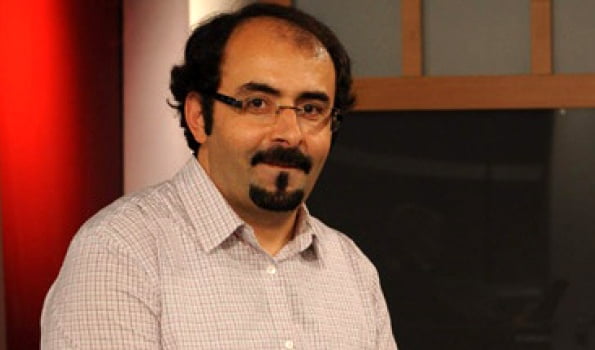Welcome to the Republic of Paranoia

Date posted: December 16, 2013
Emre Uslu
Since conflicting with the secularist segments of society in the Gezi Park events, the Justice and Development Party (AKP) government has taken on a paranoid mentality that tends to relate all developments that are against the AKP government with some form of conspiracy against it.
Because of this mentality, the government has adopted a high-level survival strategy to protect itself against the “attacks” coming from “enemy forces.” As a result, the government has shielded itself with like-minded, paranoid supporters against outside attacks. It has therefore isolated itself from its regular supporters.
This paranoid attitude has forced the government to rely heavily on information from the intelligence agencies, thus further dragging the government and the AKP into a deeper level of paranoid.
It is a fact that Turkish intelligence agencies have always been paranoid with regards to social and political groups in Turkey. When a government relies heavily on intelligence agencies for its decision-making, it isolates itself from social networks and civil society groups. When a government puts itself into such situation, it is very likely that it will quickly lose its supporters and fail to win votes.
In recent years, particularly since the Gezi Park incidents, this is exactly how the AKP government has been acting. During the Gezi incidents, the AKP government argued that the protests were not part of a regular, democratic protest organized by Turkish youth groups. Instead, it said, the events were organized and orchestrated by foreign groups to harm the AKP government.
When AKP officials made these nonsensical claims during the Gezi events, many political observers thought it was a strategy developed by the AKP government to solidify conservative AKP supporters against the Gezi protesters. In fact, many conservative people bought this argument and believed that the Gezi protests were a plot against the government and so that they came together around Prime Minister Recep Tayyip Erdoğan once again.
For the AKP, it was an argument successful in defeating the Gezi protesters. However, since the Gezi incidents, it seems that this paranoid mentality has dominated the AKP and it sees everything through the lens of conspiracies.
As a result of this paranoid outlook, the AKP government has now gotten itself into a conflict with the Gülen movement. It is arguing that the Gülen movement is working in conjunction with foreign forces to harm the government.
Unlike during the Gezi events, the conservative bases of the AKP government this time are not buying this nonsensical argument because the very reason the AKP government and the Gülen movement are at odds is because the government opened an obvious front to fight the movement.
I have spoken with many conservative AKP supporters but have not seen a single reasonable person argue what the AKP government does. Despite steps by AKP supporters in the media to try to convince the conservative segments of society that the Gülen movement is targeting the AKP government on behalf of foreign plotters, no one is taking such arguments seriously anymore.
Thus, one of the most important impacts of the Gülen-AKP conflict is that it has caused people to question the AKP’s main arguments. Thus, it has become very difficult for the AKP government to sell its conspiracy theories as easily as it used to.
However, this does not mean that AKP officials will stop producing conspiracy theories. They will continue to do so because they really think from the perspective of conspiracies.
We should no longer expect to see the AKP government act rationally. Particularly with the elections coming next year, you should be prepared to see conspiracy theories quickly replace the reasoned motivations and rational behavior of the Turkish state. Welcome to the Republic of Paranoia.
Source: Today's Zaman , December 15, 2013
Tags: Hizmet and politics | Turkey |
























